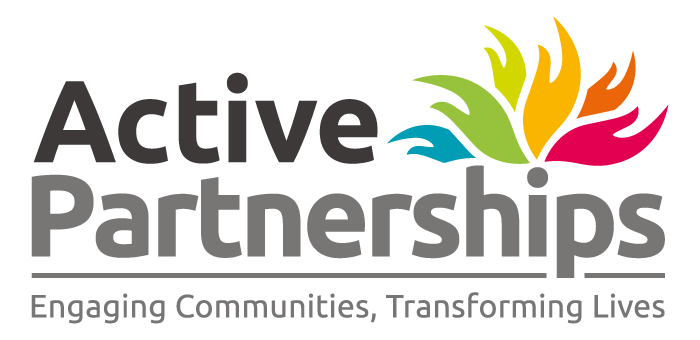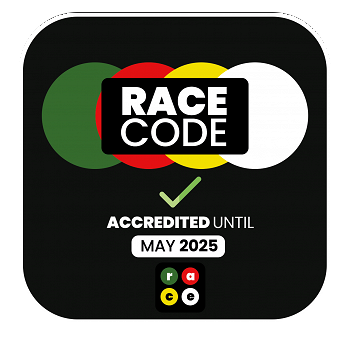Navigating the choppy waters of system change
City Works, Alfred Street, Gloucester, United Kingdom, GL1 4DF
Taking a ‘systems approach’ to improving public health is a challenge akin to white water rafting, according to research from NIHR ARC West and Active Gloucestershire. In a new paper published in BMJ Open, the team explain how a system change programme, such as Active Gloucestershire’s we can move, requires a metaphoric raft, a robust guide and a multi-sectoral crew in order to negotiate the rapids of public health.
Many localities and organisations are taking a systems approach to address complex issues such as physical activity and obesity prevention, but research and evaluation on these approaches is still in its early stages. In this new paper outlining learning from the NIHR ARC West project to evaluate the we can move programme, the authors say that “practice has now outstripped the research and evidence base”. As such, this paper is an important new addition to the evidence base.
In the authors’ white water rafting analogy, we can move is the raft, with Active Gloucestershire being the knowledgeable guide to the river (or complex system). The crew is made up of the wider stakeholders who are corralled, supported and led by the guide. The navigation element is about having a flexible delivery approach that can change to suit the needs of the dynamic environment, be it a river or the systems influencing the physical activity of a county’s population.
ARC West researchers interviewed 31 stakeholders involved in three case study projects from the we can move programme. They used Ripple Effects Mapping to understand the impacts of we can move more deeply, with 25 stakeholders involved in these. Lead author James Nobles was also an embedded researcher with Active Gloucestershire throughout the two-year evaluation. They have also published their reflections on being an embedded researcher.
This strong relationship with the Active Gloucestershire team, and wider stakeholders, led to important findings already published in the team’s evaluation of we can move. In this new paper, the team offer insights into the ingredients needed to develop a systems approach and measure its success. They answer important questions including:
- What’s needed to start and maintain a systems approach?
- What type of impacts may we expect from a systems approach?
- What might moderate the implementation and impact of a systems approach?
They also shed light on the barriers to implementing we can move, including:
- Difficulties with evaluation
- Differences between stakeholder and lead organisation perspectives
- Misaligned expectations and understandings of we can move
- COVID-19 (although COVID-19 also helped facilitate the programme in many other ways)
Alan Inman-Ward, Director of Insight and Operations at Active Gloucestershire and a co-author on the paper, said: “James made the process of testing and learning to evaluate through Ripple Effects Mapping extremely easy to understand, creating a lot of enthusiasm at Active Gloucestershire and with many of our partners.
“This latest paper takes it to a new level. With engaging metaphors, clearly showing how being part of an inclusive community (the crew) enables us to connect and learn more about the system, and how we can take meaningful action to improve lives in Gloucestershire through physical activity.”
Dr James Nobles, lead author and Research Fellow at NIHR ARC West, said: “There has been clear and growing interest in systems approaches over the last 10 years. But most of the evidence base, particularly in public health, has been theoretical.
“Our evaluation of we can move represents a very intentional effort to learn more about how these types of approaches may work, the context and circumstances in which they work, and to highlight some of the associated wide-ranging impacts.
“We have worked hard over the last few years to try and make our work and findings as accessible as possible, through novel and visual methods, metaphors and engaging reports and summaries. It was a real privilege to work so closely with Active Gloucestershire on this, and the collaboration between our two organisations added significant value to this evaluation.”








